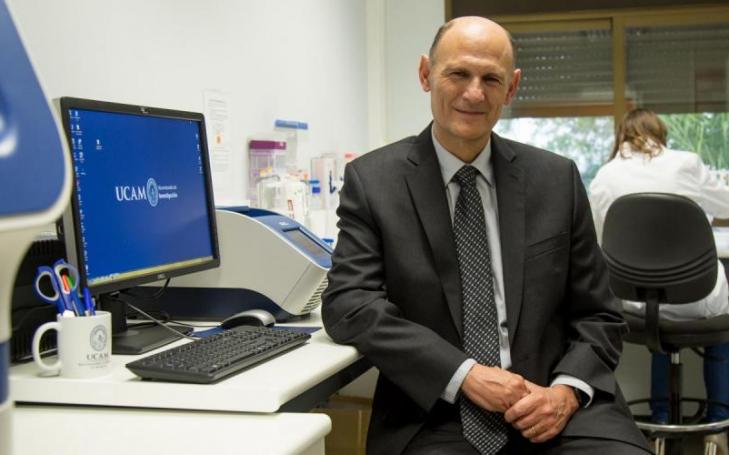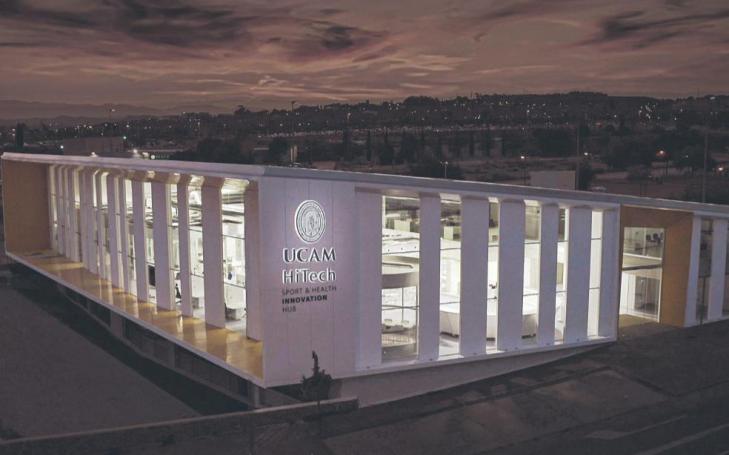
UCAM HiTech: Research and entrepreneurship
UCAM HiTech, located in the surroundings of the Los Jerónimos Campus and integrated into the National Network of High Technology Incubators, is a technological hub where entrepreneurship and research come together at the service of society. With 2,000 m2 of facilities, the 5.5-million-euro investment has been promoted and financed by the UCAM, and co-financed by FEDER funds, with the collaboration of the Incyde Foundation of the Spanish Chambers of Commerce.

Izpisua announces a breakthrough in metabolite treatment for muscle injuries that will revolutionise medicine
At an event at the COE (Spanish Olympic Committee), the UCAM professor of Developmental Biology explained that these substances, which are from the body itself, make it possible to reduce recovery time by half, increase and prolong the functionality of muscles, both in elite athletes and in the general public.
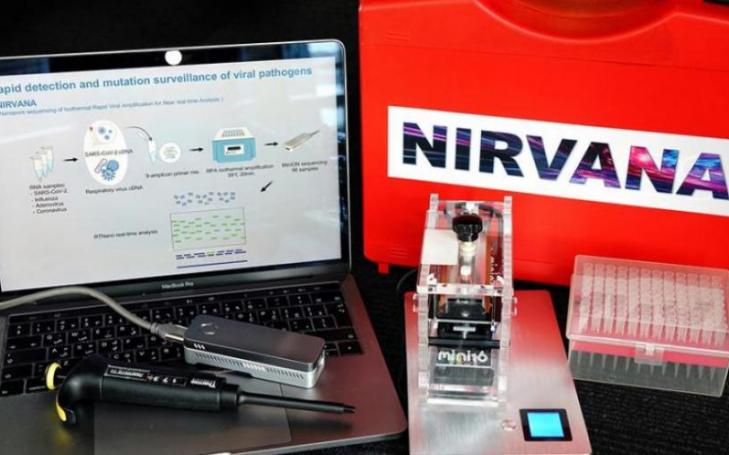
Researchers led by Izpisua develop an accurate, quick and portable test to diagnose COVID-19 and track mutant strains
It can analyze 96 samples at the same time, identifying Sars-CoV-2 with its variants, influenza viruses, adenoviruses and other human coronaviruses. In only 15 minutes it starts giving results and in three hours it finishes all the samples.
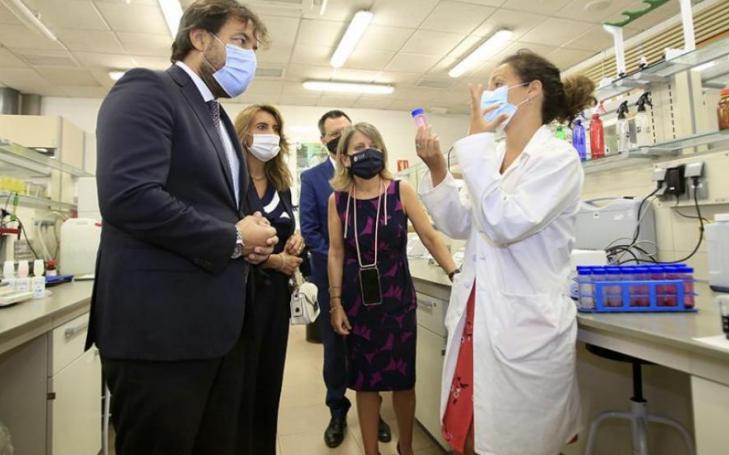
UCAM carries out a research to treat coronavirus through the CRISPR molecular scissors
The Vice-chancellor, Estrella Núñez, and the professor of Developmental Biology of UCAM Universidad Católica de Murcia, Juan Carlos Izpisua, lead the project that is carried out in the laboratories of the Los Jerónimos Campus and of the Salk Institute of La Jolla, California, and is funded by Fundación Séneca
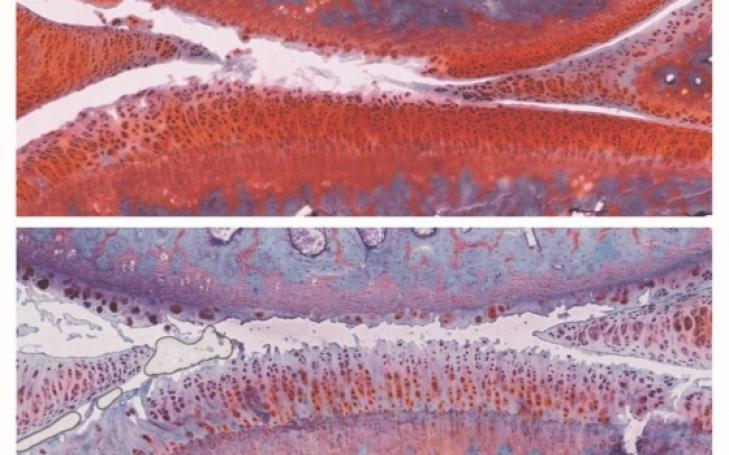
Izpisua manages to counteract arthritis by combining two experimental drugs
The Protein & Cell journal has just published the results of this research, which has yielded very positive results in rats and could be transferred to humans quite easily
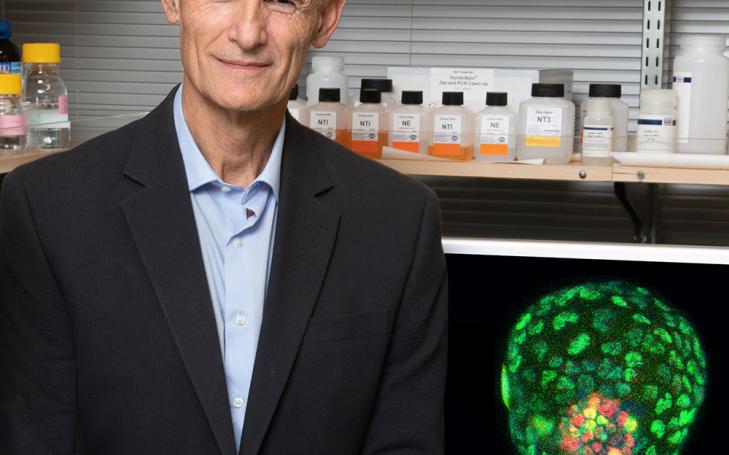
Izpisua creates synthetic mouse embryos to gain more knowledge about the beginning of life and human health
They are mouse embryods (in the blastocyst phase) for whose creation he has used iPS cells. The advance will allow to study, without having to use natural embryos nor gametes, the development of the first embryonic stages, the causes of miscarriages or the onset of diseases such as Alzheimer’s disease, and it will provide valuable information for the creation of human organs for transplants. The research has been developed by the team of scientists led by Dr. Juan Carlos Izpisua, director of the Gene Expression Laboratory of the Salk Institute, in the US, and Professor of Developmental Biology at the UCAM.
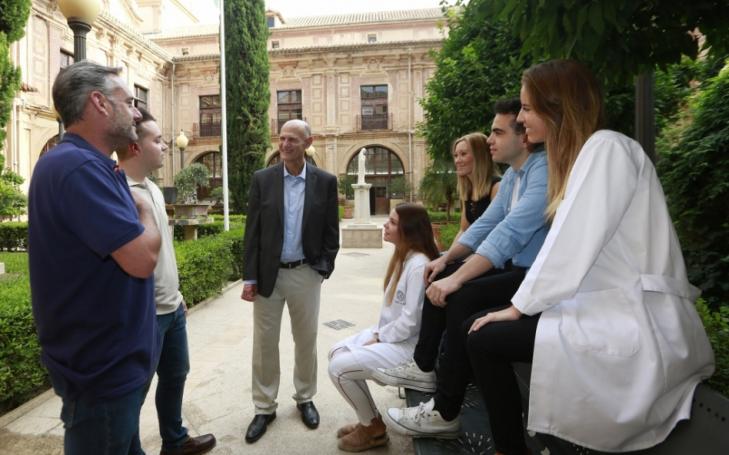
We need young scientists
Juan Carlos Izpisua, professor of Developmental Biology at the UCAM encourages UCAM students to do research
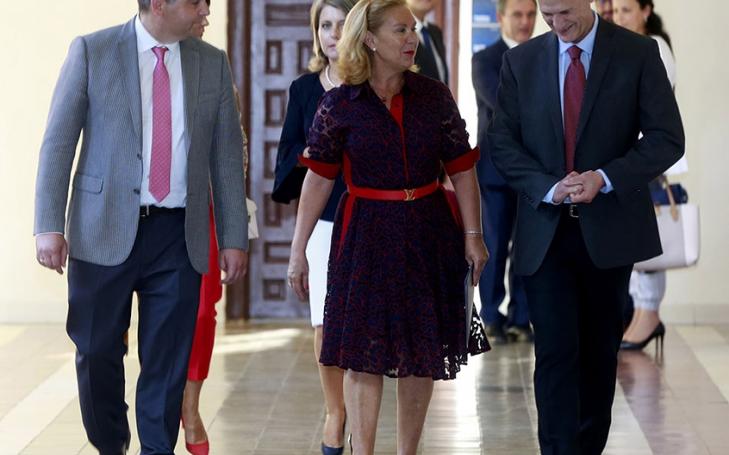
The UCAM can count on the collaboration of Primafrio to finance the research of Juan Carlos Izpisua
"The constant support by the UCAM is something unusual because in our country research is not considered important, and this makes me proud of these four years of collaboration”. This is one of the ideas highlighted by Juan Carlos Izpisua, professor extraordinary of Developmental Biology of the UCAM, throughout the presentation of the project ‘Collaboration UCAM-Primafrio: an example of scientific patronage’ that was held this afternoon in Los Jerónimos Campus.
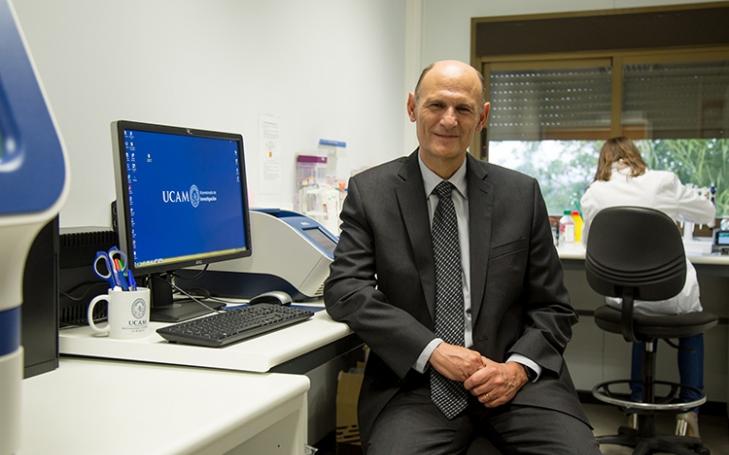
Izpisua develops an advanced genome-editing tool to treat rare diseases
The research team led by the Professor of the Gene Expression Laboratory of the Salk Institute, in the US, and Professor of Developmental Biology of the UCAM has observed, after testing the technique (SATI) in mice with progeria (premature ageing), a rejuvenation in various tissues, including skin and spleen, and 45% increase in their lifespan, which would be equivalent to more than a decade in case of humans. The advance has been published by the scientific journal Cell Research.




